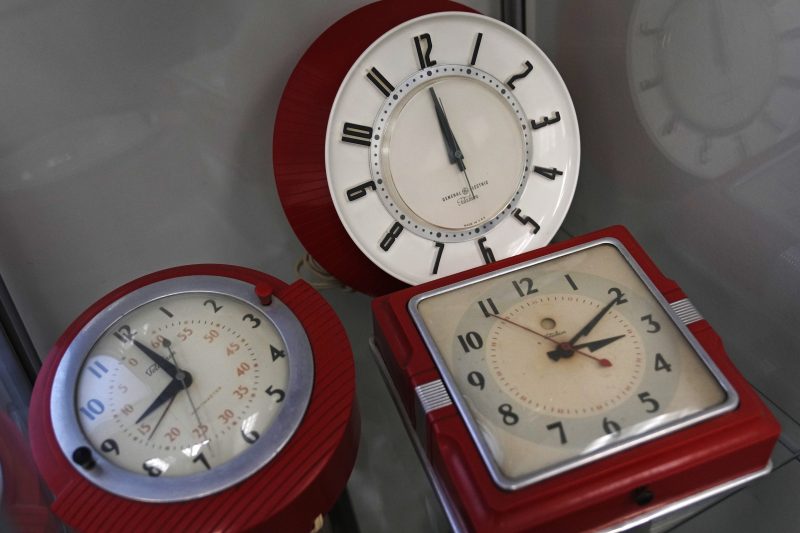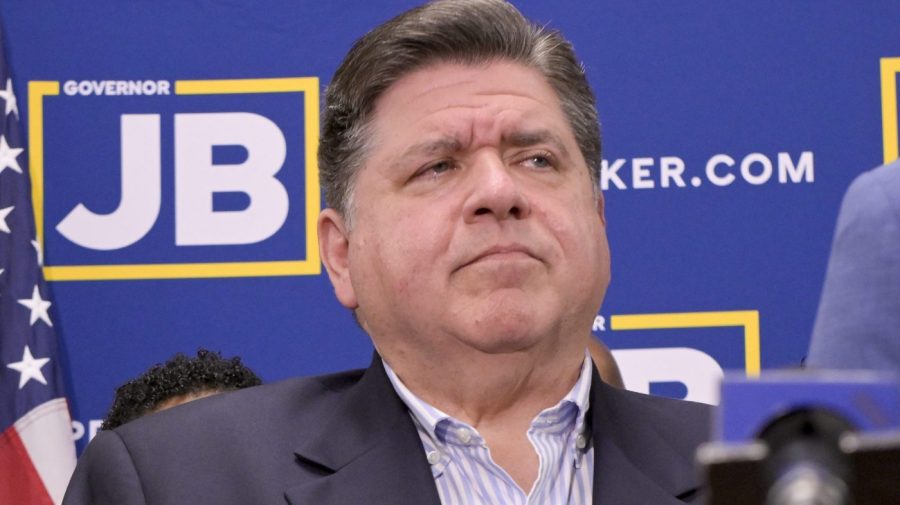(NEXSTAR) — Days are getting shorter — some lost more than an hour of daylight in September — and the leaves are continuing to change, which means our clocks will change too soon.
While there have been dozens of attempts at the state and federal level this year to lock the clocks, much of the U.S. is on track to lose an hour of sleep next month. Daylight saving time officially ends on the second-earliest possible date this year, giving way to earlier sunrises and sunsets.
There are some benefits to early sunrises and sunsets, health experts say, pointing to increased exposure to sunlight and the impacts on our sleep. But it can also mean going to or coming home from work (or both) when it’s dark out.
Take, for example, someone living in Chicago. On November 1, the day before daylight saving time ends, the sun will rise at 7:23 a.m. and set around 5:45 p.m. The next day, the sun will rise around 6:25 a.m. and set just before 4:43 p.m.
If you have to work until 5 p.m., you’ll be traveling home after the sun has set. That’s the case for millions throughout the U.S., at least for a portion of the time between November and March, when daylight saving time resumes.
The table below shows just how different sunrise and sunset will feel before and after daylight saving time ends this year:
| City | Sunrise/sunset day before DST ends | Sunrise/sunset day DST ends |
| Austin | 7:45 AM/6:43 PM | 6:46 AM/5:42 PM |
| Charlotte, NC | 7:45 AM/6:28 PM | 6:46 AM/5:27 PM |
| Chicago | 7:23 AM/5:44 PM | 6:25 AM/4:43 PM |
| Cleveland, OH | 8:01 AM/6:29 PM | 7:02 AM/5:28 PM |
| Denver | 7:29 AM/5:57 PM | 6:30 AM/4:56 PM |
| Grand Rapids | 8:18 AM/6:34 PM | 7:19 AM/5:33 PM |
| Green Bay | 7:30 AM/5:41 PM | 6:31 AM/4:39 PM |
| Indianapolis | 8:14 AM/6:42 PM | 7:15 AM/5:41 PM |
| Juneau, Alaska | 9:29 AM/5:56 PM | 8:32 AM/4:54 PM |
| Las Vegas | 7:04 AM/5:44 PM | 6:05 AM/4:43 PM |
| Los Angeles | 7:13 AM/6:00 PM | 6:14 AM/4:59 PM |
| Nashville | 7:10 AM/5:51 PM | 6:11 AM/4:50 PM |
| New Haven | 7:23 AM/5:47 PM | 6:25 AM/4:45 PM |
| New Orleans | 7:14 AM/6:13 PM | 6:15 AM/5:12 PM |
| New York City | 7:27 AM/5:52 PM | 6:28 AM/4:51 PM |
| Portland, Oregon | 7:51 AM/5:57 PM | 6:52 AM/4:55 PM |
| Salt Lake City | 7:58 AM/6:23 PM | 7:00 AM/5:22 PM |
| St. Louis | 7:28 AM/6:00 PM | 6:29 AM/4:59 PM |
| Tampa | 7:41 AM/6:45 PM | 6:42 AM/5:44 PM |
| Washington, D.C. | 7:36 AM/6:07 PM | 6:37 AM/5:06 PM |
In several of the states these cities are found in, lawmakers have tried to lock the clock on either permanent daylight saving or standard time.
Colorado, Florida, Louisiana, Tennessee, and Texas are among a handful of states that have passed legislation that would enact permanent daylight saving time, but they require Congress’s approval.
Similar legislation was introduced in Alaska, Connecticut, Illinois, North Carolina and Ohio this year. Lawmakers in Michigan and Indiana considered legislation that would exempt their states from observing daylight saving time. Bills calling for permanent standard time were also brought forth in California, Nevada, and Wisconsin. New York has seen proposed legislation on both sides of the clock argument.
Nearly every state has seen at least one piece of seasonal time change-related legislation brought forth this year. Congress has also considered four bills, but none have passed.
For now, we’ll set our clocks back an hour on November 2, and set them forward again in March.














